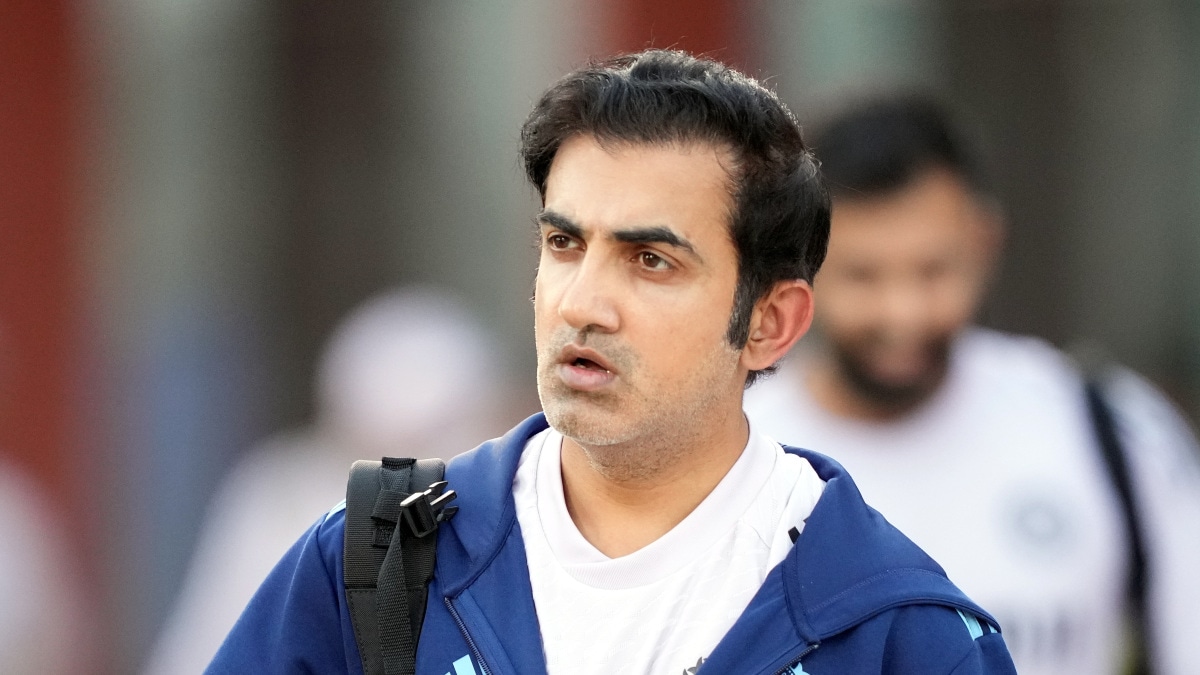

Following India's recent Test defeat against England at Headingley, the spotlight has turned on head coach Gautam Gambhir, prompting questions about his role and responsibility in the team's performance. While it is still early in his tenure, the pressure is mounting, and the expectations are high.
Since taking over as head coach on July 9, 2024, Gambhir's record has been a mixed bag. While India has remained undefeated in T20 series under his guidance, their Test performances have been less convincing. After a 2-0 series win against Bangladesh, the team suffered a 3-0 whitewash against New Zealand, marking India's first home Test series loss in 12 years. The Border-Gavaskar Trophy against Australia also proved challenging, with India losing the series 3-1 after initially taking the lead.
The recent loss to England in the first Test at Headingley has further amplified concerns. Despite scoring five centuries in the match, India failed to defend a target of 371, becoming the first team in cricket history to lose a Test after such a feat. The defeat exposed several weaknesses, including subpar fielding, a faltering lower-middle order, and the inability to capitalize on strong starts.
Former head coach Ravi Shastri has publicly called on Gambhir to adopt a more stringent approach within the team's dressing room, emphasizing the need to address recurring issues and hold players accountable for their mistakes. Shastri highlighted India's costly fielding errors, with five catches dropped in England's first innings alone, as well as the repeated collapses in the lower-middle order. He stressed the importance of fostering a culture of responsibility and demanding greater intensity at crucial moments.
Gambhir, however, has defended his players and stressed collective responsibility. He refused to single out any individual or department for the loss, stating, "We lose together and win together." He also backed young captain Shubman Gill, acknowledging the challenges of captaining in tough conditions and expressing confidence in his potential.
In the aftermath of the defeat, Gambhir has emphasized the need for the team to learn from their mistakes and improve. He acknowledged the disappointing performance of the lower-order batting but defended the players, stating that "sometimes people fail, and that's okay." He also addressed the fielding lapses, admitting that they need to improve and that chances don't come easy on such wickets.
Looking ahead, Gambhir's true test will be how he addresses the team's weaknesses and instills a winning mentality. While he has shown a willingness to defend his players and emphasize unity, he must also find a way to hold them accountable and demand greater consistency. The upcoming matches in the series against England, as well as the 2025 ICC Champions Trophy, will be crucial in determining Gambhir's future as head coach and shaping the direction of the Indian Test team.